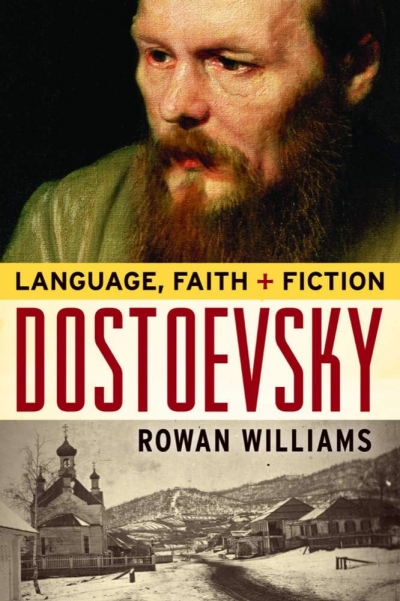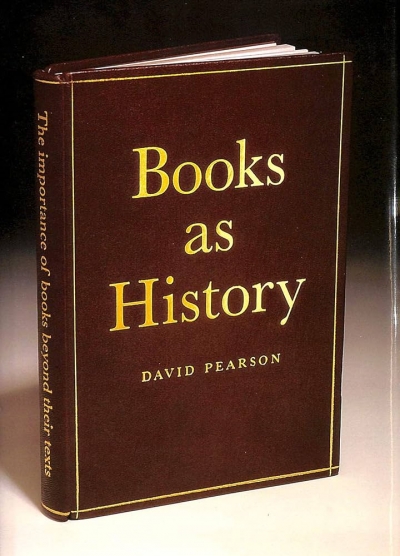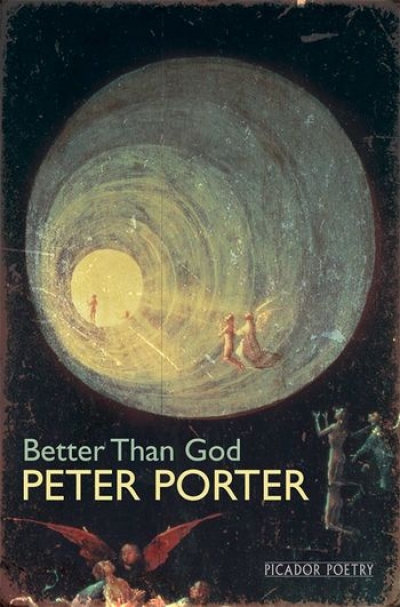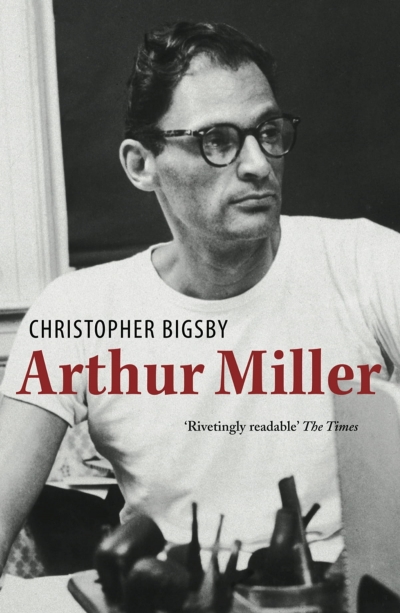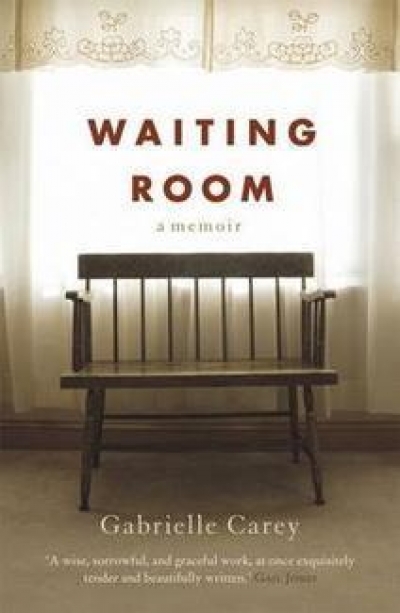Archive
Evolution in the Antipodes: Charles Darwin and Australia by Tom Frame
Books As History: The importance of books beyond their texts by David Pearson
When my husband died a while back, I was left with my memories and a house full of books. Harold was so ill, and for so long, that what I felt in those first few days after his death was a dulled feeling, ‘It’s over’. Not relief, certainly not joy, not even sorrow, but a blank sense of inevitability: ‘All over’: the end to the terrible struggle of the past few years, the harder struggle of the last few months, and the merciful oblivion of the last few days.
My husband had so many books, so lovingly collected. On various scraps of paper, inscribed at different times and places, he left contradictory instructions about what was to happen to his books when he died. Until I work out what to do, I have become caretaker of the books.
... (read more)Fingerprints have associations of guilt, but the footprint traditionally speaks of innocence. Think of Good King Wenceslas and his pageboy, crossing the moonlit snow to deliver food and fuel to the poor:
Mark my footsteps, good my page,
Tread thou in them boldly
Thou shalt find the winter’s rage
Freeze thy blood less coldly.



